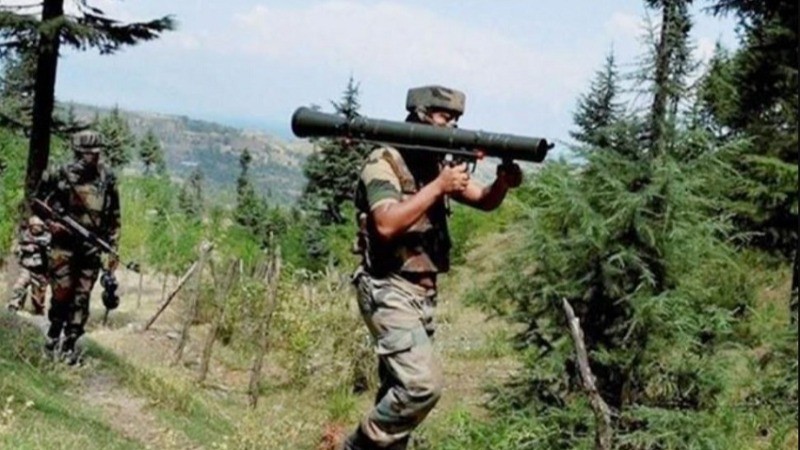
On September 28, 2016, the Indian Army executed a series of surgical strikes across the Line of Control (LoC) in response to a deadly terrorist attack on an army base in Uri, Kashmir, on September 18. This significant military operation marked a pivotal moment in India's defense strategy and showcased the country’s resolve to combat terrorism emanating from Pakistan.
Background of the Surgical Strikes
The surgical strikes were a direct retaliation for the brutal attack on the Uri army camp, which claimed the lives of 19 soldiers and injured many others. The attack was attributed to the Pakistan-based terrorist organization Jaish-e-Mohammed, which has a long history of orchestrating attacks against India. In light of this assault, the Indian government, led by Prime Minister Narendra Modi, authorized a decisive military response aimed at eliminating terrorist threats within Pakistani territory.
Execution of the Strikes
The surgical strikes were carried out by elite commando units from the Indian Army’s Para Special Forces. These troops were meticulously trained for covert operations and were selected for their expertise in infiltrating enemy territory. The operations targeted specific terrorist launch pads used for infiltration into Indian-administered Jammu and Kashmir, where militants were planning further attacks.
The strikes were meticulously planned and involved comprehensive intelligence gathering, ensuring that the operations were precise and effective. According to military sources, several launch pads were neutralized during the operation, effectively disrupting the terrorists’ capabilities.
Significance of the Operation
The surgical strikes on September 28 not only served as a direct military response but also carried profound political and strategic implications:
Strengthening National Resolve: The operation sent a clear message to both domestic and international audiences about India's commitment to protecting its sovereignty and responding to acts of terrorism.
Changing Military Doctrine: This operation marked a shift in India’s military doctrine, indicating a proactive approach to counter-terrorism. The willingness to strike across the border represented a significant evolution in India’s defense strategy.
International Response: The surgical strikes garnered mixed reactions globally. While many countries supported India's right to defend itself, some expressed concerns about the escalation of military tensions in the region.
Legacy and Remembrance: Every year, September 28 is commemorated as Surgical Strike Day, honoring the bravery of the armed forces and remembering the sacrifices of the soldiers who lost their lives in the Uri attack. This day serves as a reminder of the ongoing struggle against terrorism and the importance of national security.
The Surgical Strike Day stands as a testament to India’s resolve in the face of terrorism. It reflects a crucial turning point in the country’s military strategy and has since been pivotal in shaping India's defense policies. As the nation remembers this significant day, it continues to honor the sacrifices made by its soldiers and reaffirms its commitment to ensuring peace and security for all its citizens.
MORE EVENTS.....
International Day for Universal Access to Information: Empowering Societies Through Transparency
Celebrate National Hunting and Fishing Day: Honoring Tradition and Conservation
What is Right to Know Day? Keep Up Transparency and the Power of Information Tips